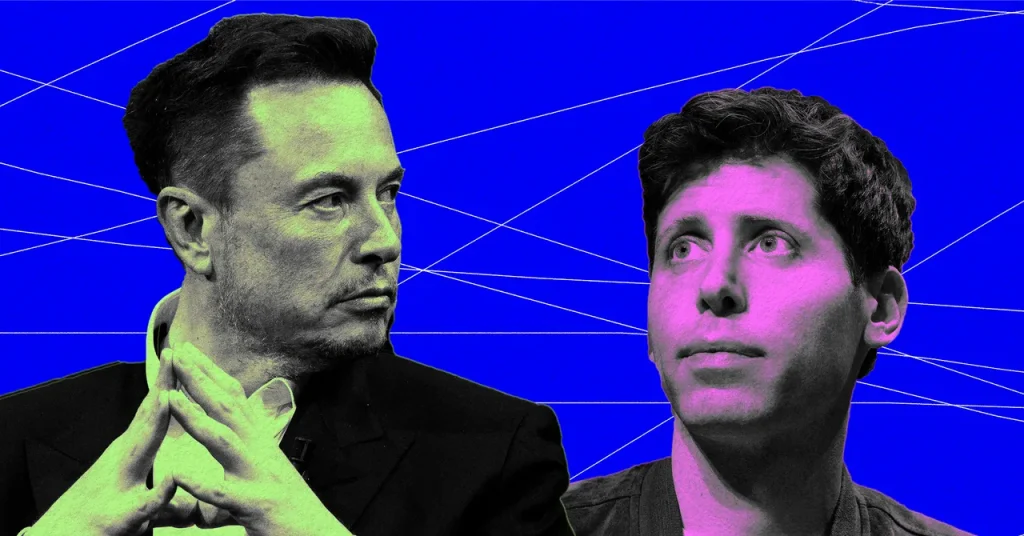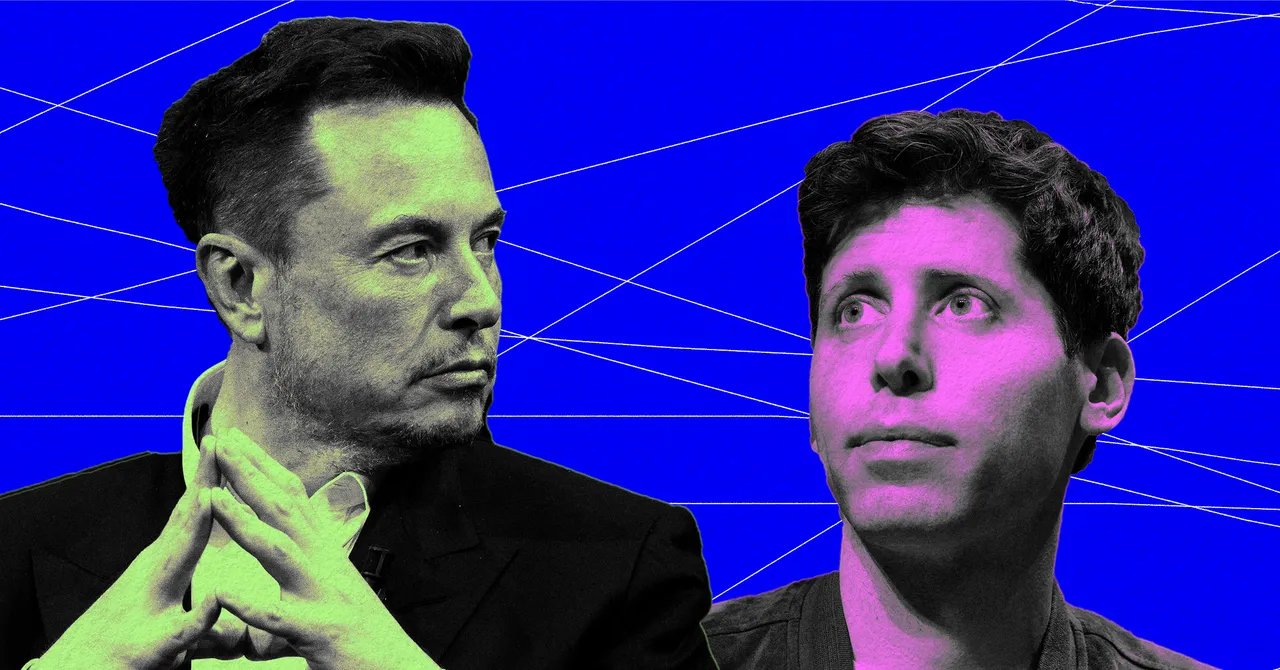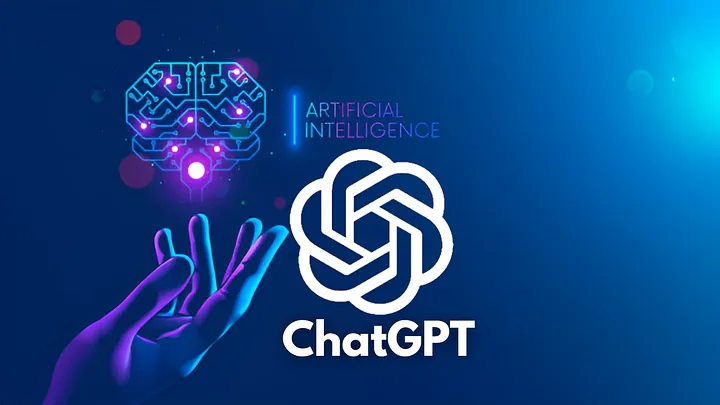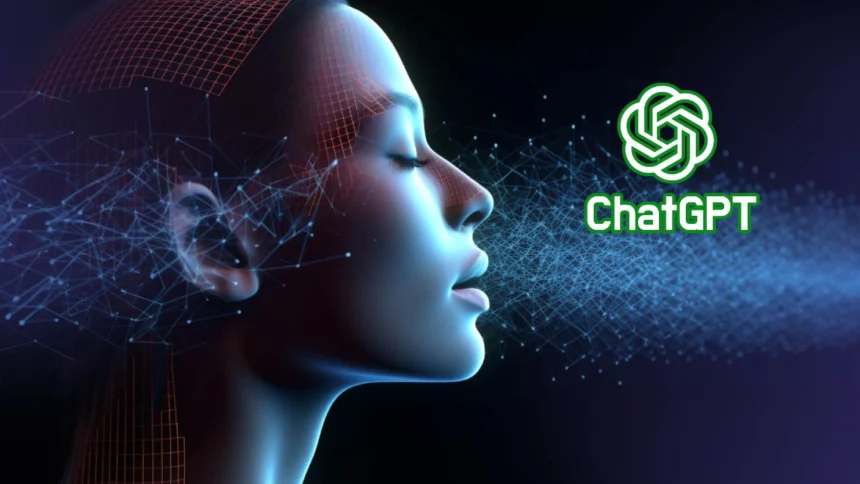OpenAI has responded to Elon Musk’s lawsuit, criticizing his claims as “convoluted and often incoherent.”

Musk’s legal action alleges that OpenAI violated its nonprofit nature and backtracked on an initial agreement to maintain its nonprofit status and make its AI technologies publicly available. OpenAI, however, has contested these claims, asserting there is no such agreement with Musk, dismissing it as a “fiction.”
Court documents reveal that OpenAI denies any such agreement with Musk, challenging the claims he made in his lawsuit.
OpenAI contends that Elon Musk was in favor of turning OpenAI into a profit-making entity under his leadership. They claim Musk wanted complete control as CEO, majority ownership, and even proposed linking OpenAI with Tesla for financial support. Despite these discussions, an agreement wasn’t reached, and Musk eventually stepped away from the initiative.
In its defense, OpenAI points to email exchanges with Musk that allegedly show his awareness and approval of the shift towards a profit-oriented structure. The organization implies that Musk’s lawsuit stems from a desire to take credit for OpenAI’s achievements after distancing himself from it.
OpenAI’s response to the lawsuit paints Musk’s actions as self-interested, suggesting that his legal challenge is more about advancing his commercial interests than promoting the greater good.
Elon Musk’s company xAI is getting noticed for its work in artificial intelligence.
After some emails were released by OpenAI, Musk said that xAI will make its Grok chatbot open source. This might seem like a reaction to OpenAI, but it’s also a way for xAI to get feedback and make Grok better.
The lawsuit between Musk and OpenAI highlights the complex issues related to AI development and management, along with the competing interests in the tech industry.



